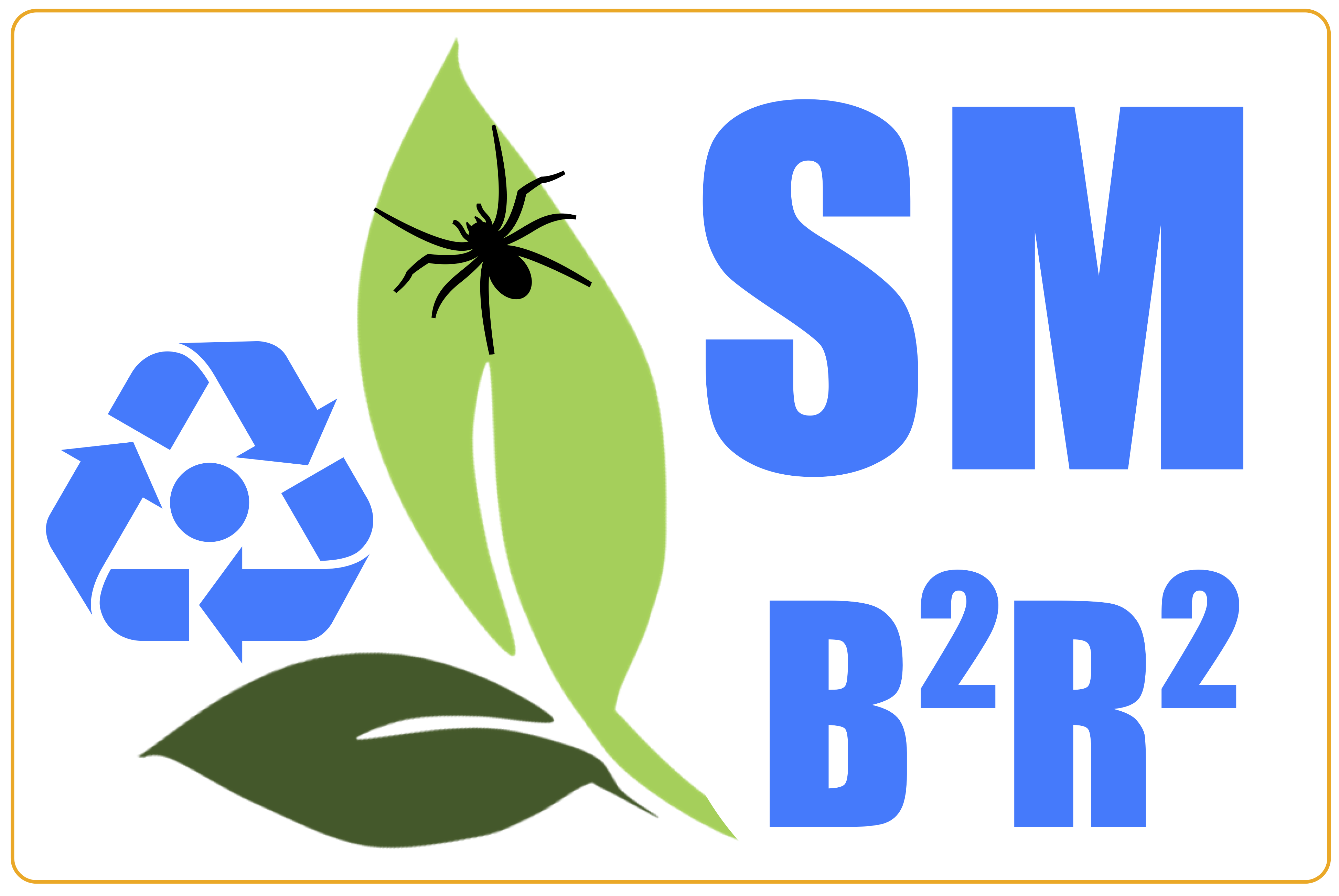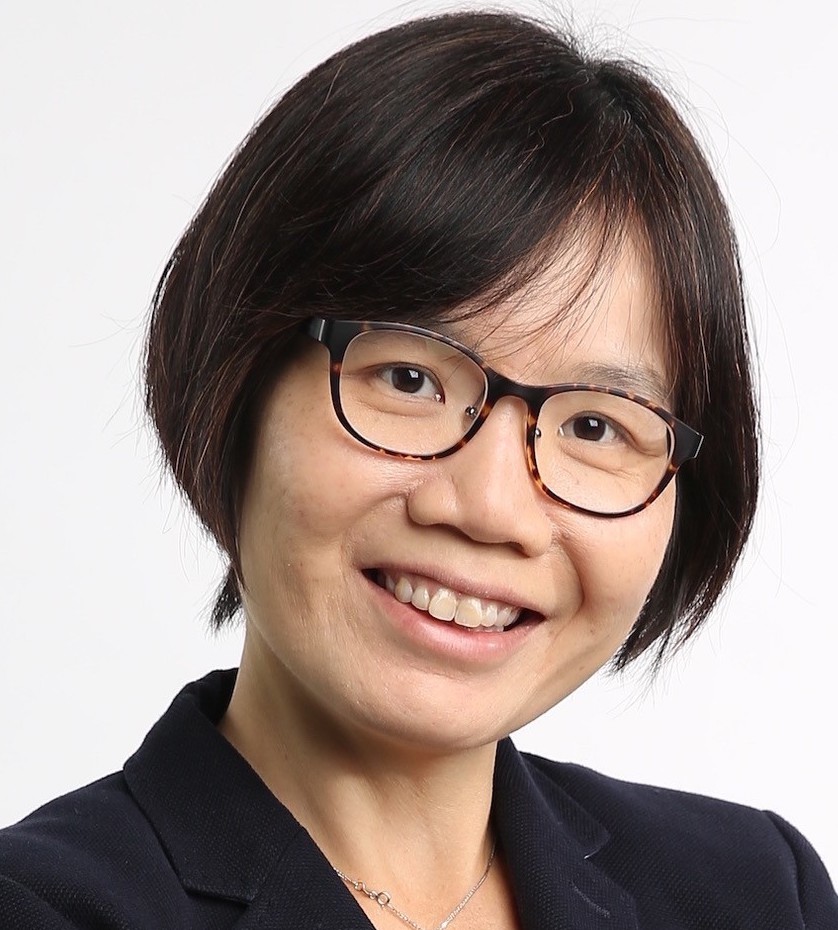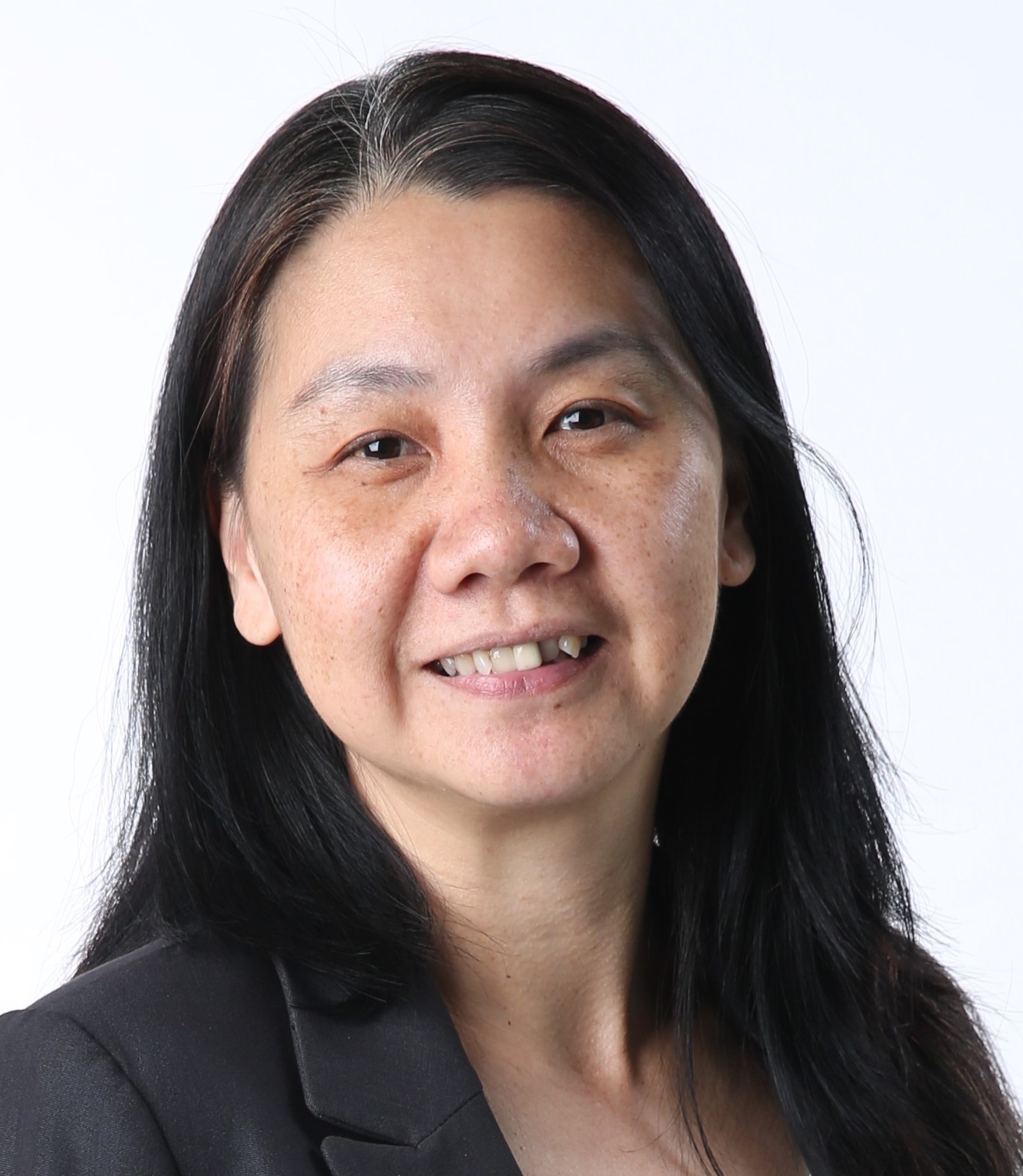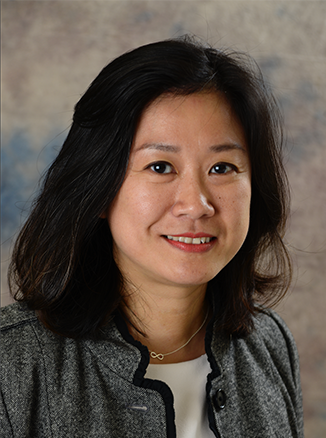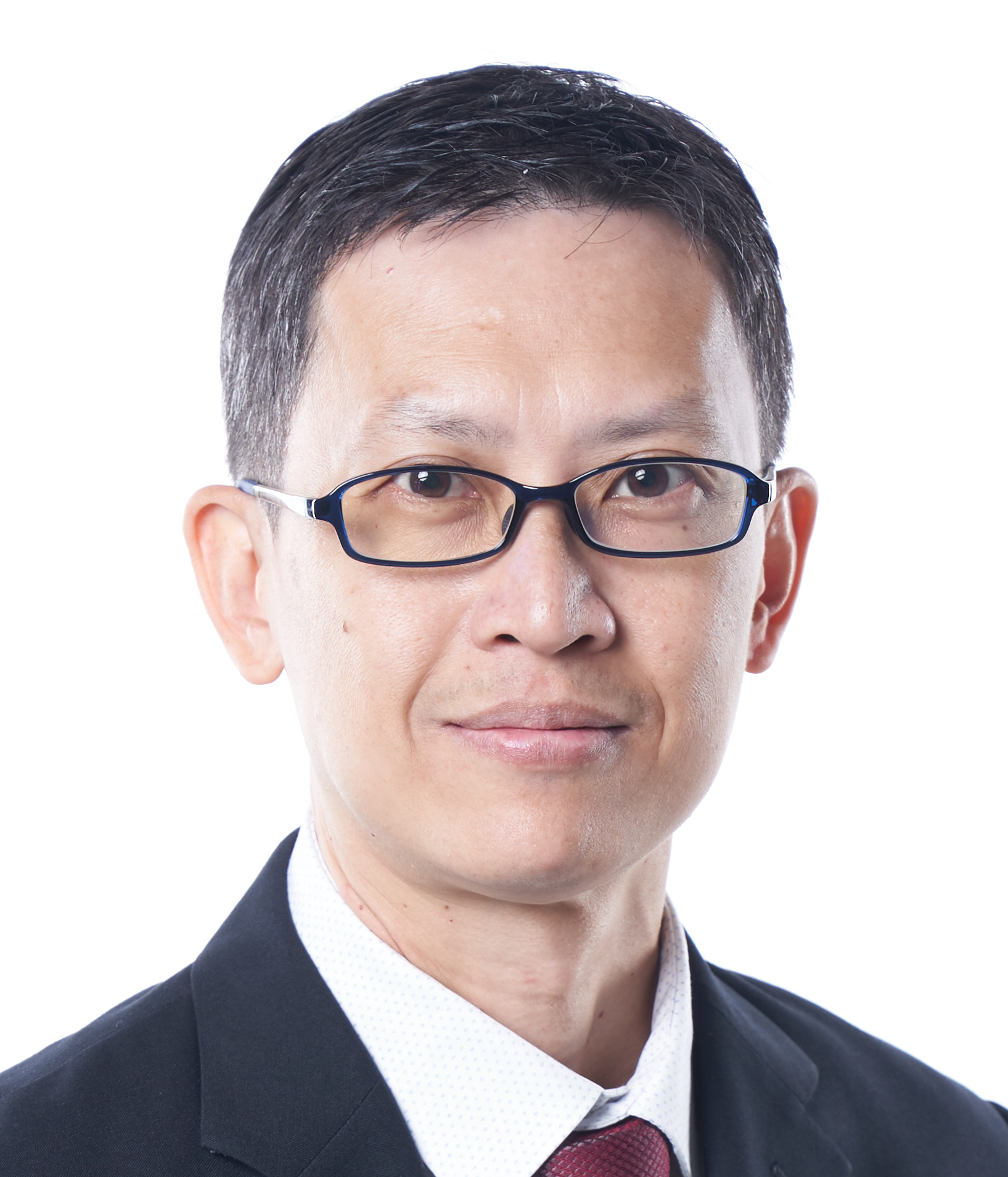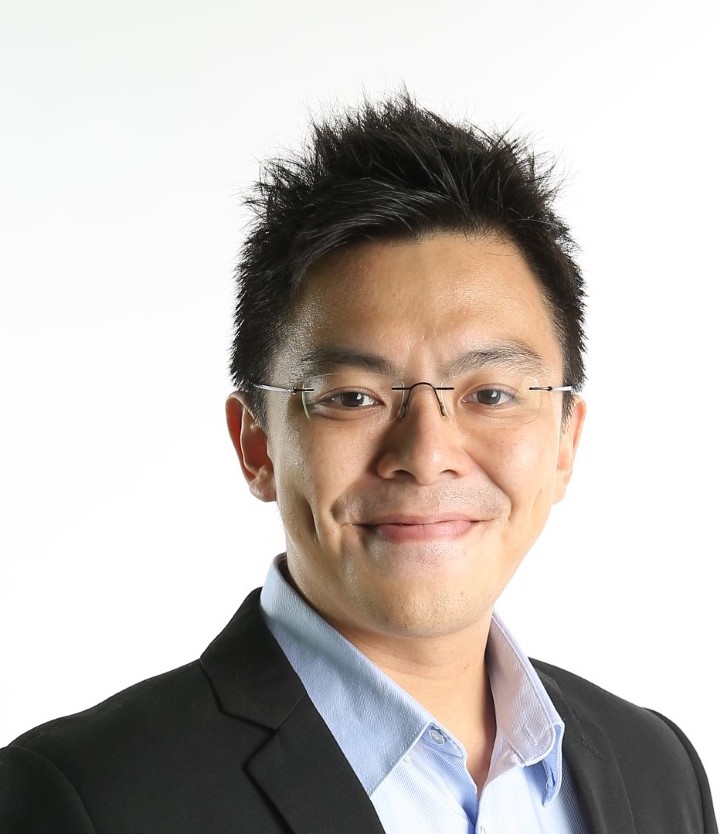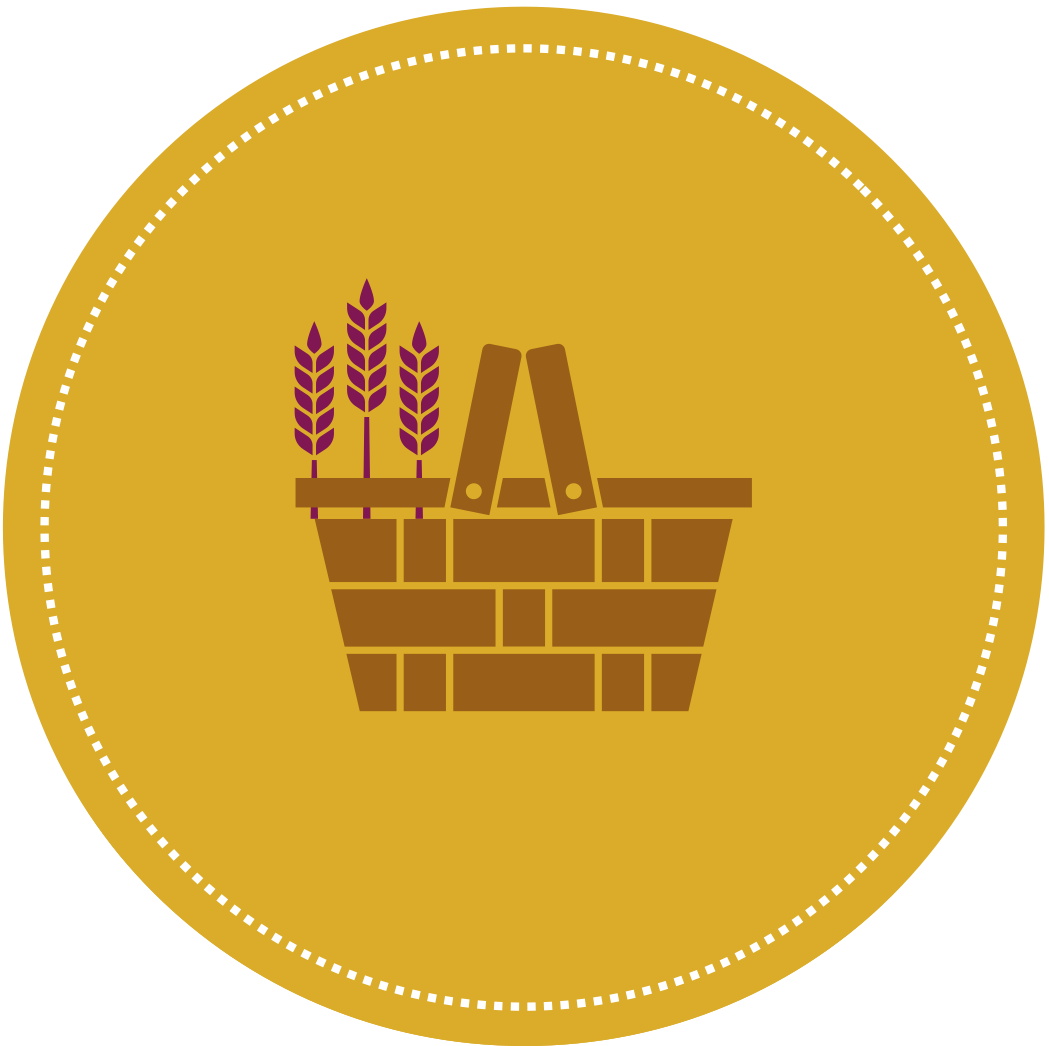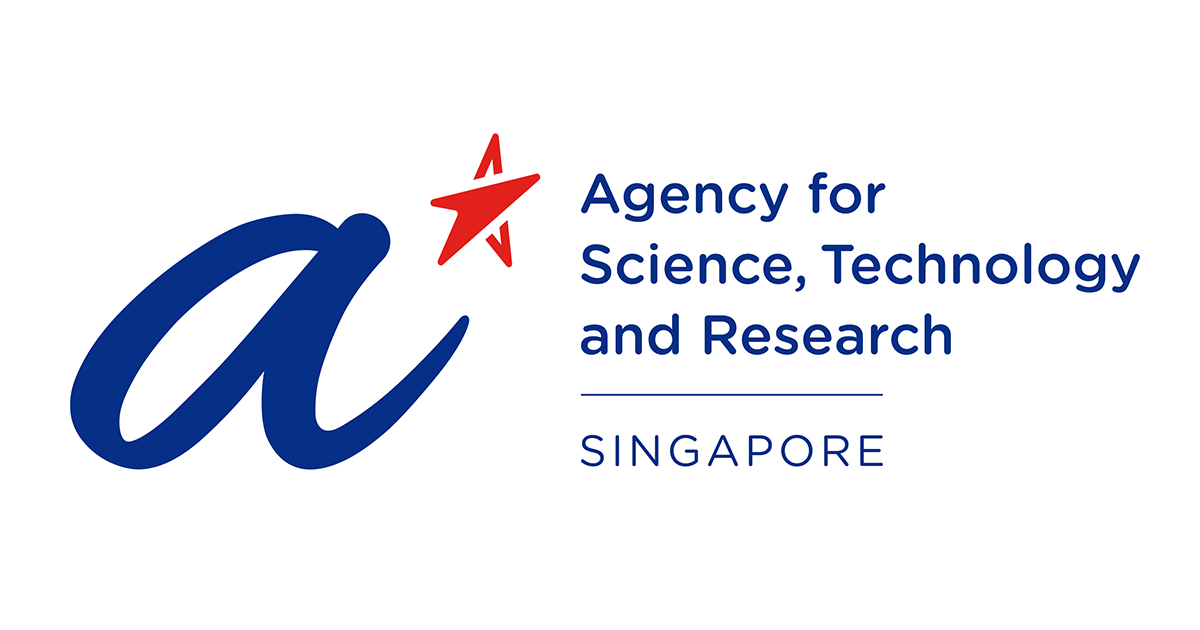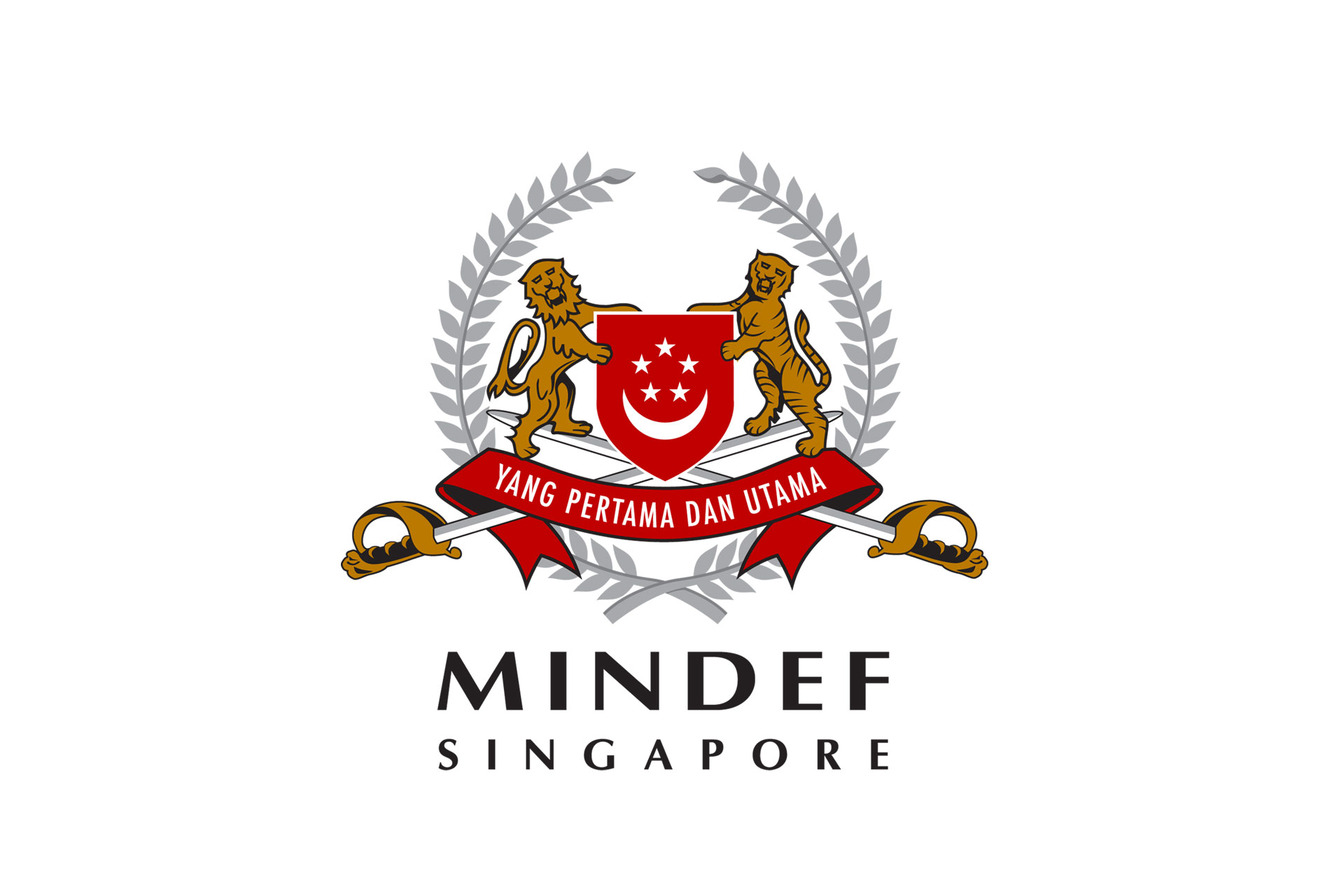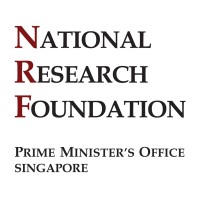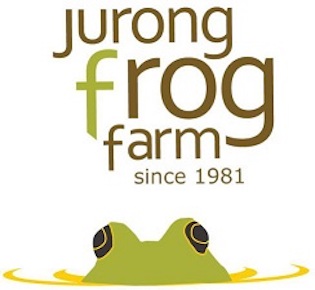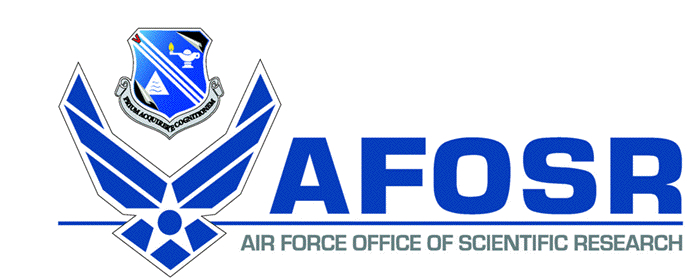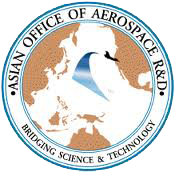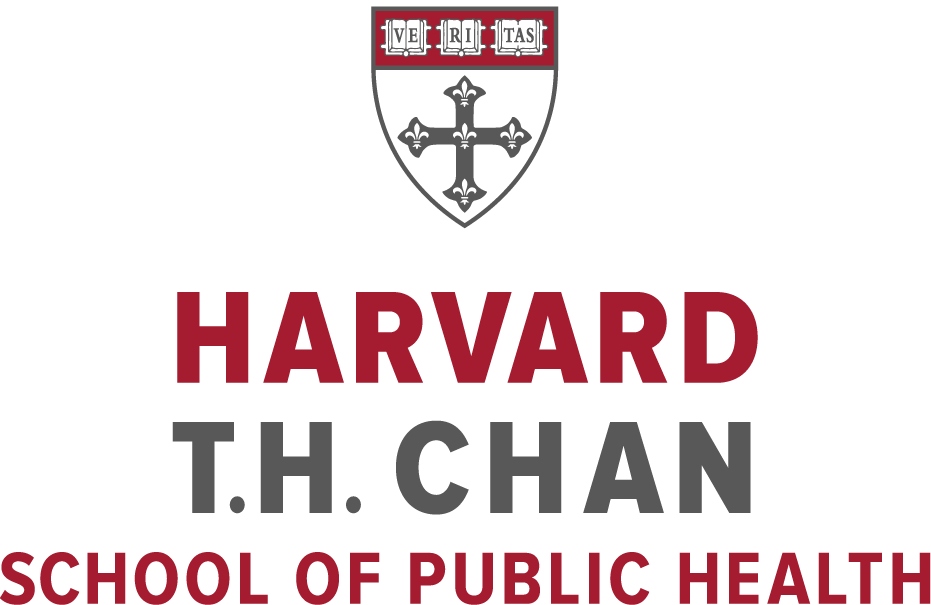Mission
Growing population and climate change arising from greenhouse emissions have resulted in a major sustainability challenge globally. Materials Science and Engineering can play a central role to bring about novel solutions that are required to ensure food and environment sustainability. The mission of SusMat-B2R2 (Center for Sustainable Materials – Biobased, Bioinspired, Renewables and Recyclables) is to deploy our multi-faceted Materials Science expertise to develop bioinspired and eco-friendly solutions in critical sustainability areas, including fabrication of biodegradable materials from natural materials or using biotechnology processes, food nutrients for efficient urban farming, and environmental toxicology. We also aim to contribute to circular economy through recycling and valorization of waste generated by synthetic materials and the agro-food sector.

